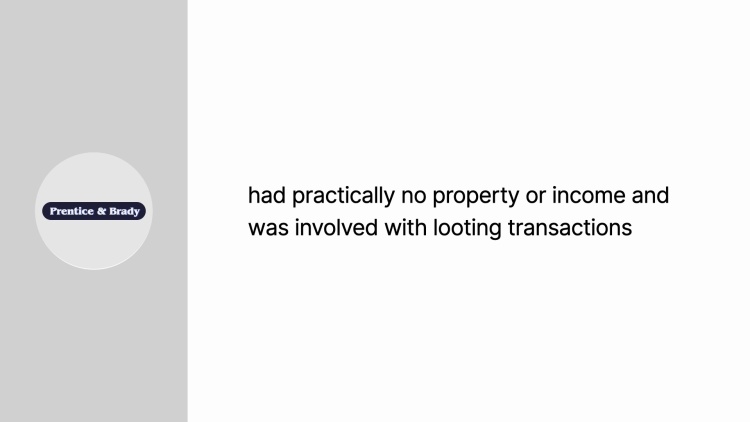Gerdes v. Reynolds
New York Supreme Court
28 N.Y.S.2d 622 (1941)
- Written by John Caddell, JD
Facts
Investment trust Reynolds Investing Company, Inc. (the company) held over $5,000,000 in securities. Clarence Reynolds, William Woodward, Richard Reynolds, and Richard Reynolds Jr. (the Reynolds directors) (defendants) served as the company’s officers and directors. They were also stockholders owning a majority of the company’s voting stock. Franklin Mayer, acting for Prentice & Brady (Prentice), informed the Reynolds directors that Prentice was interested in purchasing the company at a substantial premium. After a cursory investigation of Prentice’s reputation and resources, the Reynolds directors consummated the sale without consulting the company’s debenture holders or preferred-stock holders. A more robust investigation would have revealed that Prentice had few assets and was associated with looting transactions. Shortly after the sale was agreed and before the full purchase price was paid, the Reynolds directors resigned and elected successors nominated by Mayer. The new directors mismanaged the company’s assets, essentially looting the company. The company, with its assets depleted, filed for bankruptcy. Bankruptcy trustee John Gerdes (plaintiff) sued the Reynolds directors and others (defendants), seeking to hold them accountable for waste of the company’s assets. Richard Reynolds, Richard Reynolds Jr., and some other parties were dismissed because not properly served. The New York Supreme Court then considered the merits of Gerdes’s claim as to the remaining Reynolds directors and other parties.
Rule of Law
Issue
Holding and Reasoning (Walter, J.)
What to do next…
Here's why 911,000 law students have relied on our case briefs:
- Written by law professors and practitioners, not other law students. 47,100 briefs, keyed to 997 casebooks. Top-notch customer support.
- The right amount of information, includes the facts, issues, rule of law, holding and reasoning, and any concurrences and dissents.
- Access in your classes, works on your mobile and tablet. Massive library of related video lessons and high quality multiple-choice questions.
- Easy to use, uniform format for every case brief. Written in plain English, not in legalese. Our briefs summarize and simplify; they don’t just repeat the court’s language.






